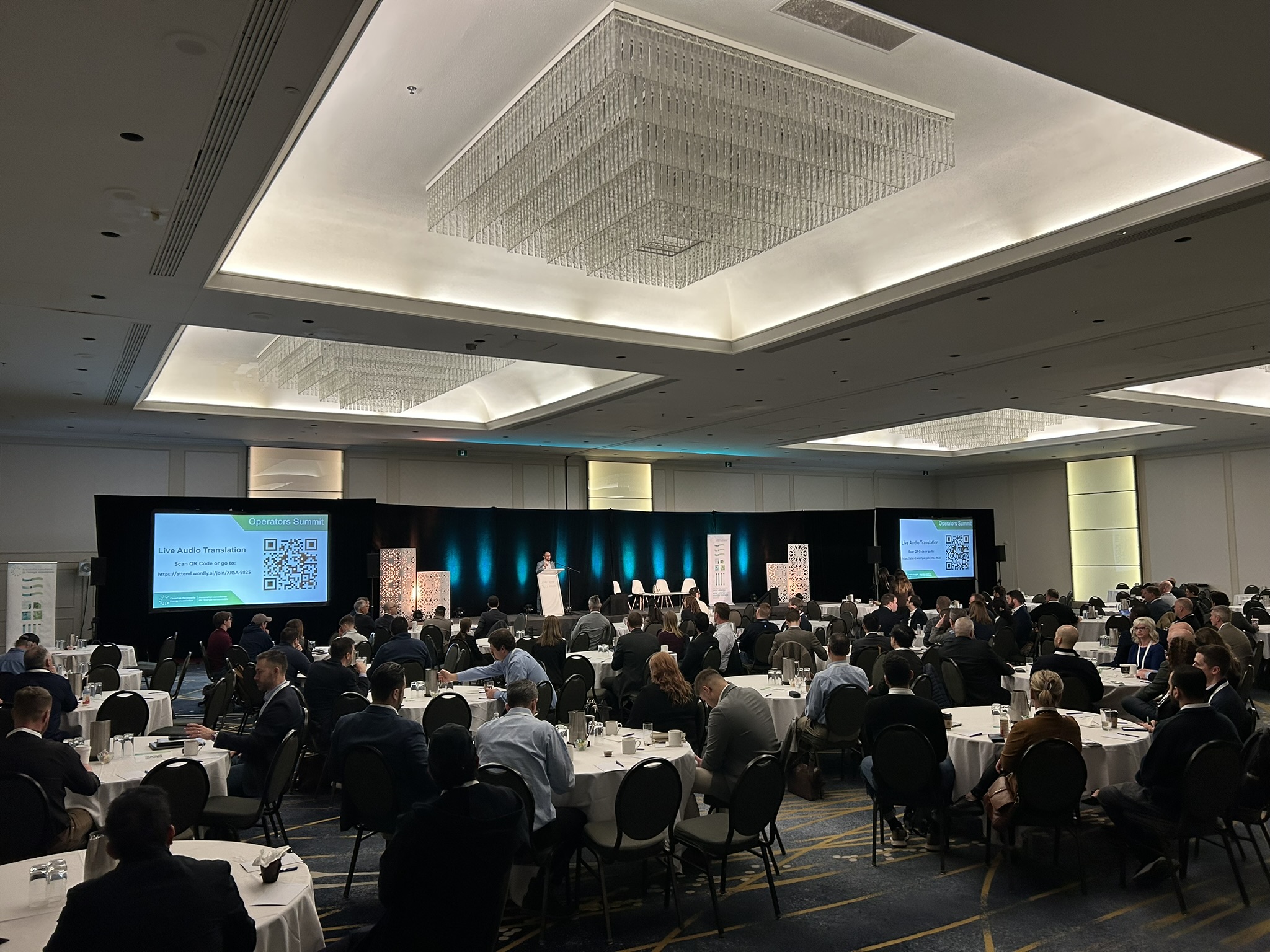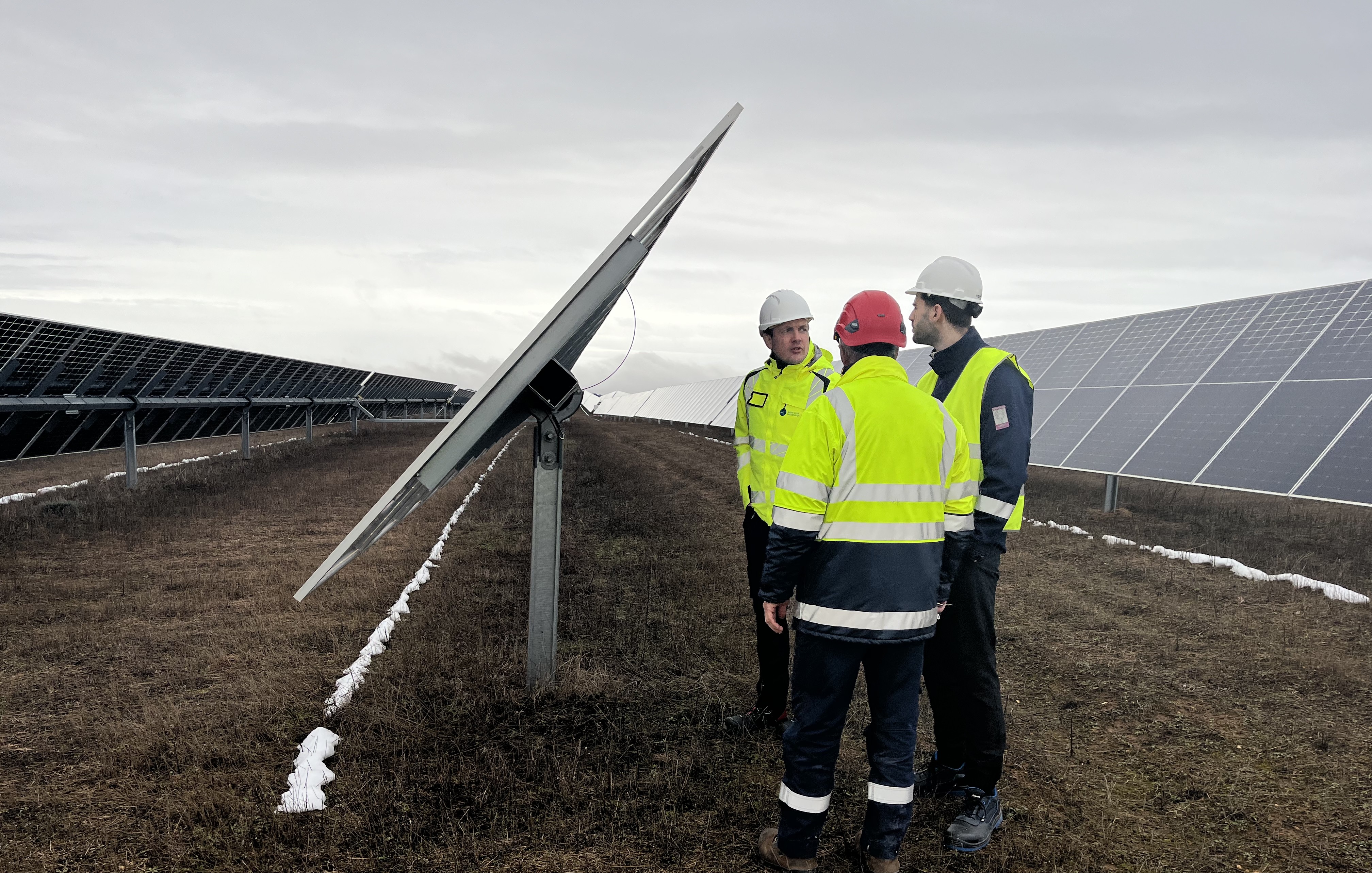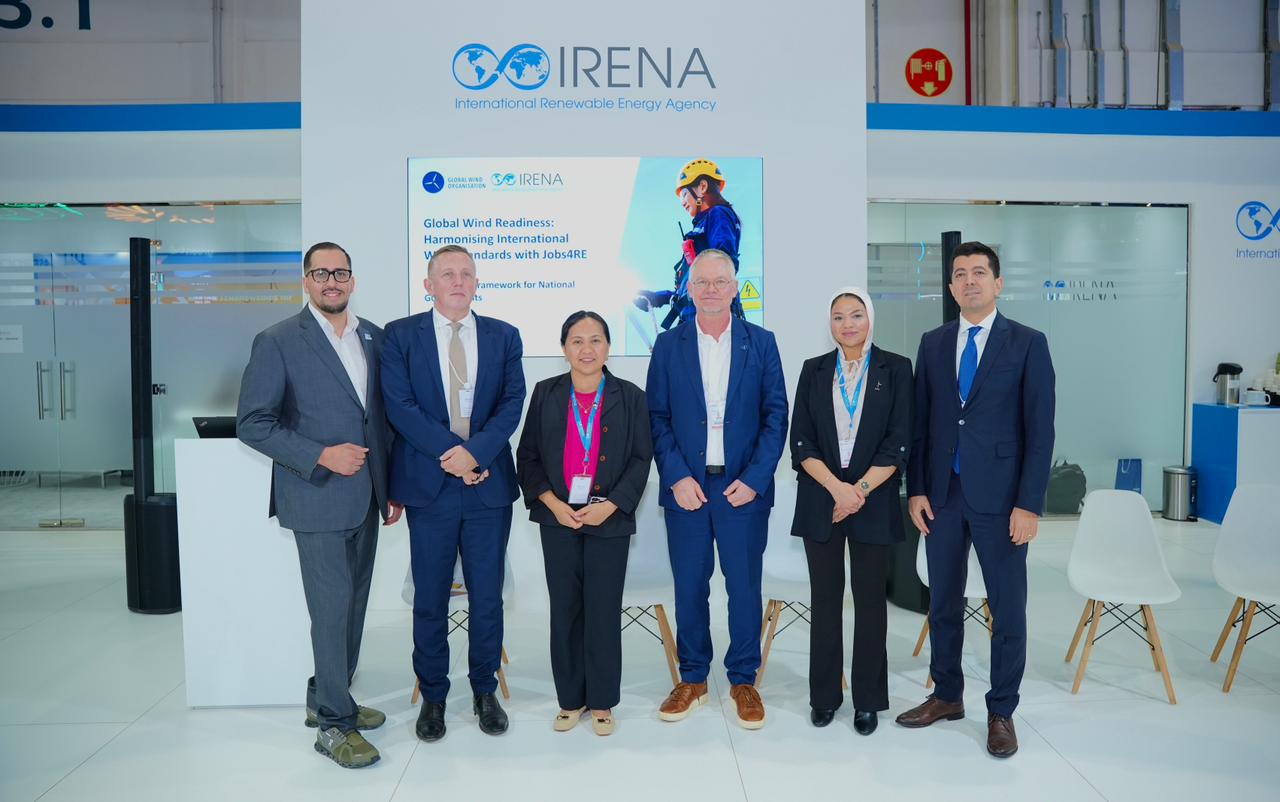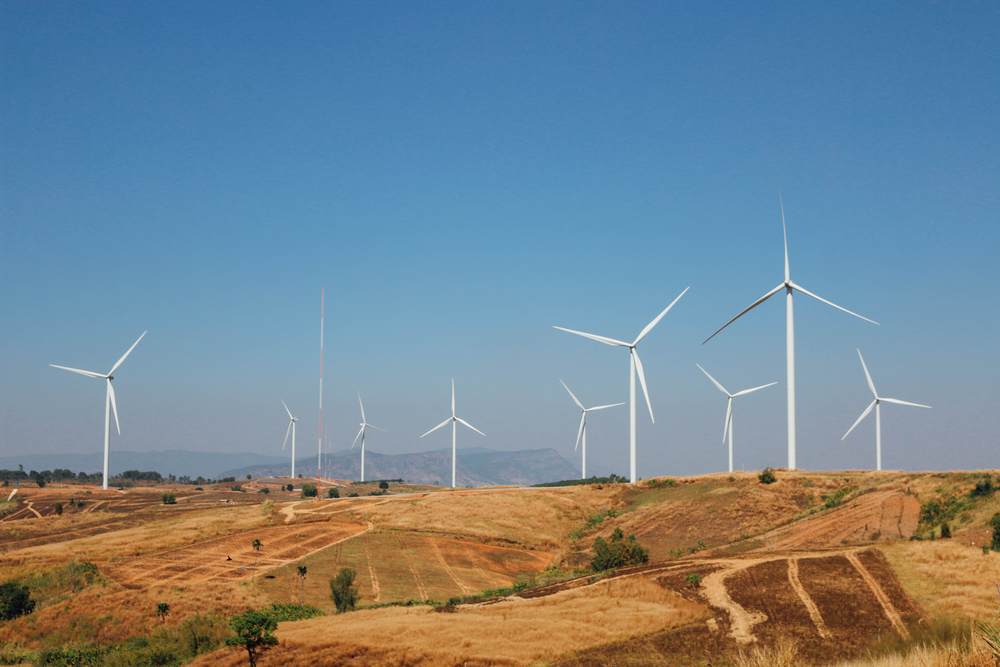U.S. Offshore Wind Energized by Recent Initiatives
The North American wind industry is growing. Here, we take a closer look at some of the initiatives that are powering the growth.

In the United States, the offshore wind energy industry is forecast to add 14,300 jobs, according to the recently released study, “Powering the Future Global Offshore Wind Workforce Outlook 2020-2024,” by Global Wind Energy Council (GWEC) and Global Wind Organisation (GWO).
Let’s take a tour of some initiatives that are powering this growth.
- The Southeast and Mid-Atlantic Regional Transformative Partnership for Offshore Wind Energy Resources (SMART-POWER) was announced on October 29, 2020 through collaboration among Maryland, North Carolina, and Virginia.
The three-state partnership includes a leadership team to streamline processes to support development of offshore wind. According to the memo of agreement, the three states will “reduce administrative burdens on the offshore wind industry by clarifying, streamlining, and aligning, where appropriate, state regulatory requirements.”
- Locally in Virginia also during October, the Mid-Atlantic Wind Training Alliance was formed with the New College Institute, Centra College and Mid-Atlantic Maritime Academy to offer GWO safety training and technical training from the National Center for Construction, Education, and Research.
- Rhode Island, home to the first offshore windfarm in the U.S., announced in October a competitive request for proposals (RFP) to procure up to 600 MW of new offshore wind energy.
When approved, a final RFP is anticipated to be released to the industry in early 2021.
- One month earlier, the New Jersey Economic Development Authority (NJEDA) announced workforce development programs aimed specifically at offshore wind.
There are two funding agreements, with the first for $4.5 million to support workforce development specifically for offshore wind. Included in this are wind turbine technician training programs, GWO standardized safety training and education initiatives about offshore for labor unions, technical schools, and colleges and universities.
Wesley Witt, chair of the GWO North America Committee and Head of Quality Management and Health, Safety and Environment (HSE) for Siemens Gamesa Renewable Energy, said, “The industry is growing rapidly here on and offshore, and the foundation of a standardized safety and technical training framework will have huge benefits for all concerned when it comes workforce development to meet demand for wind jobs.”





